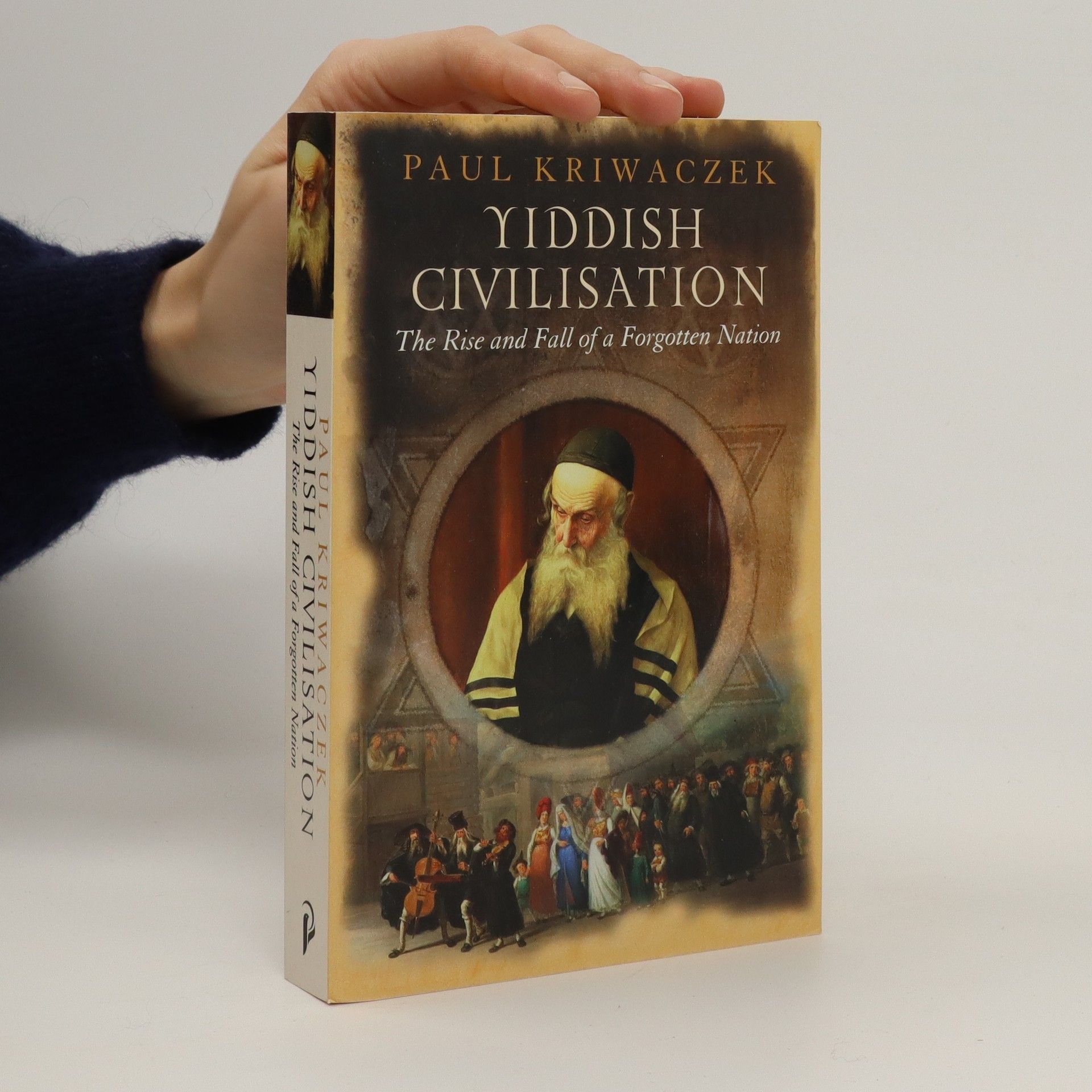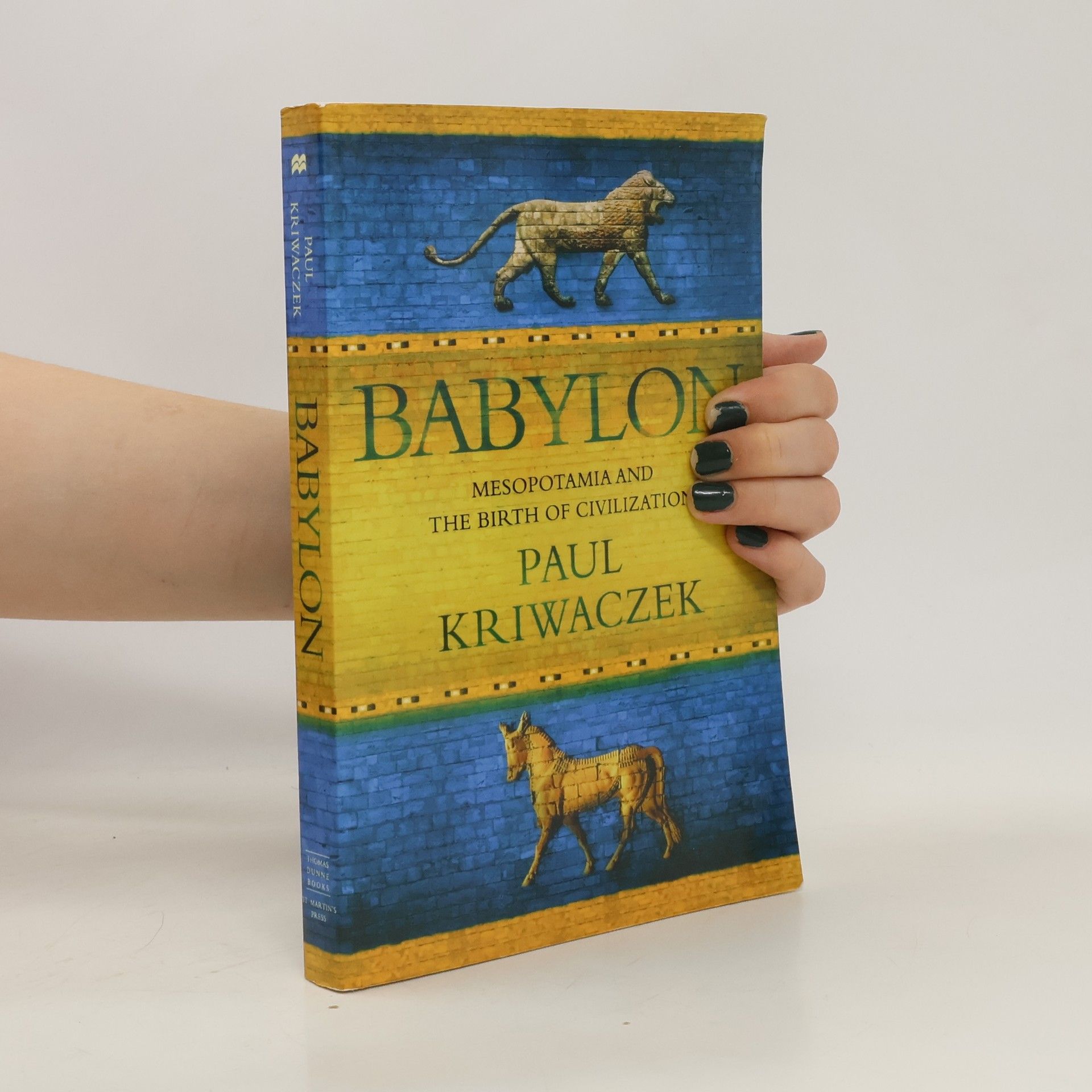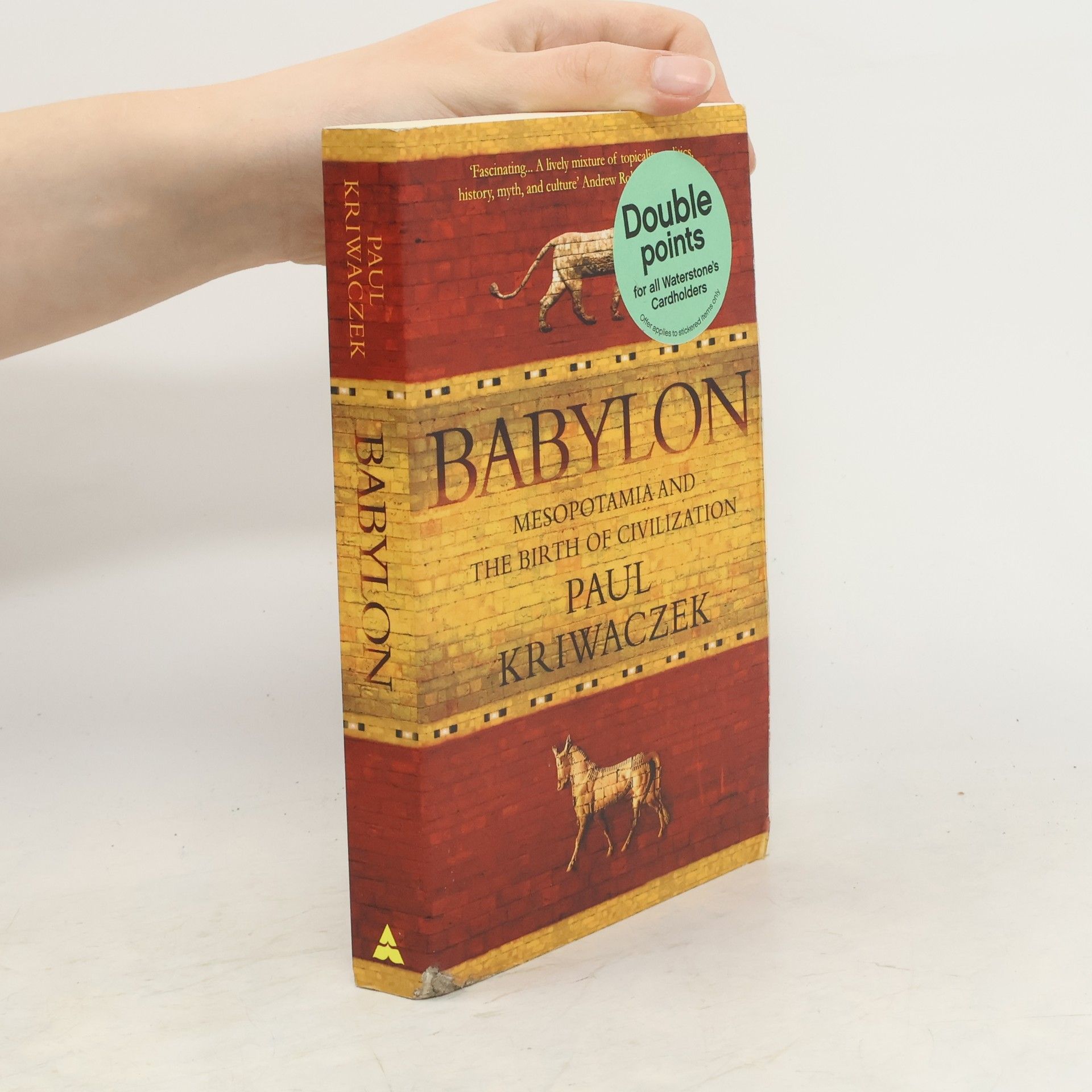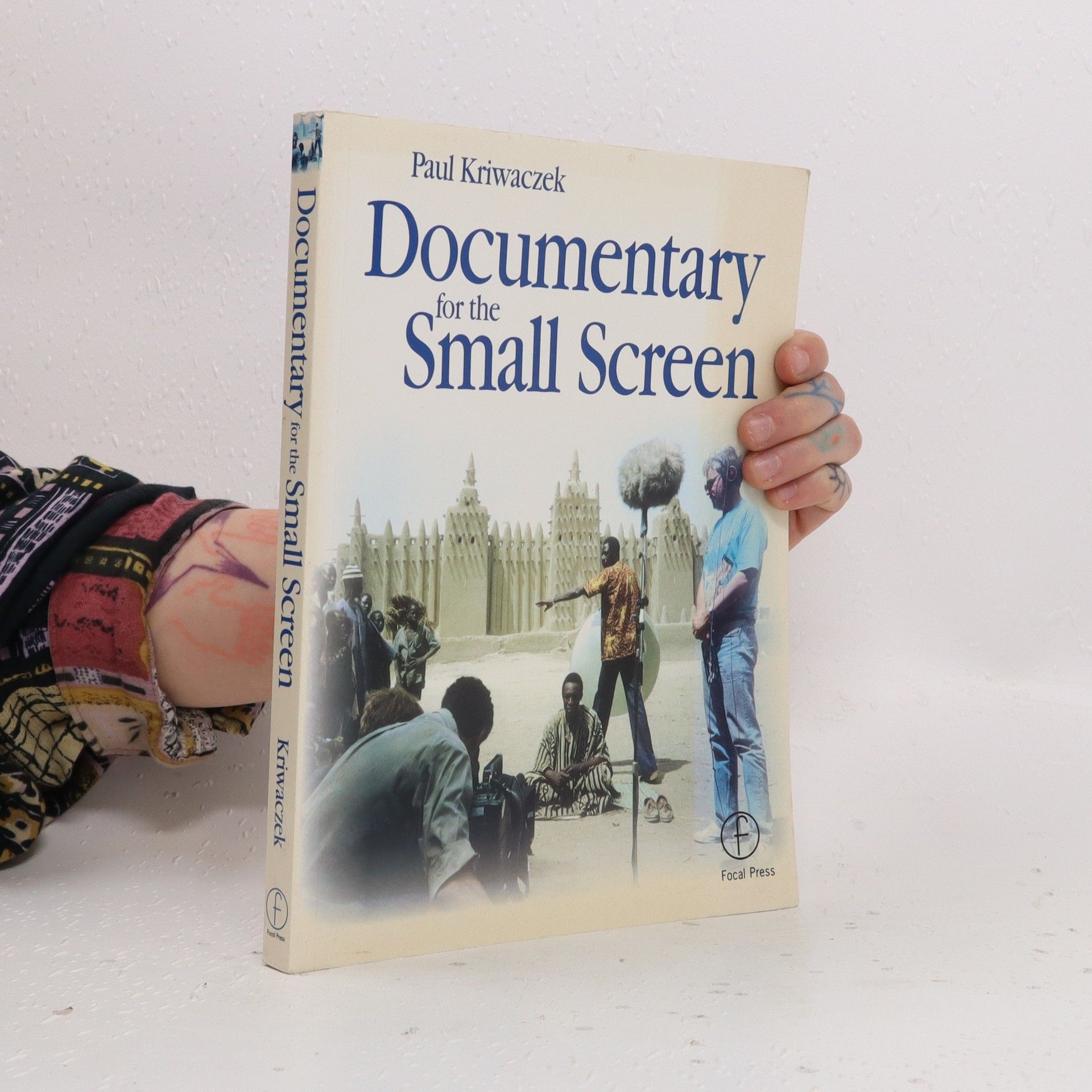Paul Kriwaczek Books
Paul Kriwaczek was a British historian and television producer. For twenty-five years he worked for the BBC, where he wrote, produced and directed. As a former head of Central Asian Affairs at the BBC World Service, he was fluent in eight languages, including Farsi, Pashto, Urdu, Hindi and Nepalese. His work combined historical research with a keen understanding of global cultures.






Babylon : Mesopotamia and the Birth of Civilization
- 340 pages
- 12 hours of reading
In the sixth millennium BC, settlers on the banks of the Tigris and Euphrates rivers created the world's first cities. In doing so, they wrote the opening chapter of the history of human civilization as we know it. Paul Kriwaczek tells their extraordinary story. číst celé
Babylon
- 338 pages
- 12 hours of reading
Civilization was born eight thousand years ago, between the floodplains of the Tigris and Euphrates rivers, when migrants from the surrounding mountains and deserts began to create increasingly sophisticated urban societies. In the cities that they built, half of human history took place. In Babylon, Paul Kriwaczek tells the story of Mesopotamia from the earliest settlements seven thousand years ago to the eclipse of Babylon in the sixth century BCE. Bringing the people of this land to life in vibrant detail, the author chronicles the rise and fall of power during this period and explores the political and social systems, as well as the technical and cultural innovations, which made this land extraordinary. At the heart of this book is the story of Babylon, which rose to prominence under the Amorite king Hammurabi from about 1800 BCE. Even as Babylon's fortunes waxed and waned, it never lost its allure as the ancient world's greatest city. Engaging and compelling, Babylon reveals the splendor of the ancient world that laid the foundation for civilization itself.
Yiddish civilisation
- 384 pages
- 14 hours of reading
A portrait of a civilisation which flourished within living memory and left an indelible mark on history In the 13th century Yiddish language and culture began to spread from the Rhineland and Bavaria slowly east into Austria, Bohemia and Moravia, then to Poland and Lithuania and finally to western Russia and the Ukraine, becoming steadily less German and more Slav in the process. In its late-medieval heyday the culturally vibrant, economically successful, intellectually adventurous and largely self-ruling Yiddish society stretched from Riga on the Baltic down to Odessa on the Black Sea. In the 1650s the Chmielnicki Massacres in the Ukraine by the Cossacks killed 100,000 Jews, forcing those that were left to spread out into the small towns (shtetls) and villages. The break-up of Poland-Lithuania - a safe haven for Jews in previous centuries - in the late 18th century further disrupted Yiddish society, as did the Russian anti-Jewish pogroms from the 1880s onwards, at the very time when Yiddish was producing a rich stream of plays, poems and novels. Paul Kriwaczek describes the development, over the centuries, of Yiddish language, religion, occupations and social life, art, music and literature. The book ends by describing how the Yiddish way of life became one of the foundation stones of modern American, and therefore of world, culture.
In Search of Zarathustra
The First Prophet and the Ideas That Changed the World
A fascinating journey through time and across Europe and Central Asia, in search of the prophet Zarathustra (a.k.a. Zoroaster) - perhaps the greatest religious lawgiver of the ancient world - and his vast influence. In Persia more than three thousand years ago, Zarathustra spoke of a single universal god, the battle between good and evil, the devil, heaven and hell, and an eventual end to the world-foreshadowing the core beliefs of Judaism, Christianity, and Islam. Moving from present to past, Paul Kriwaczek examines the effects of the prophet's teachings on the spiri-tual and daily lives of diverse peoples. Beginning in the year 2000 with New Year's festivities in Iran, he walks us back through Nietzsche's nineteenth-century interpretation of Zarathustra to the Cathars of thirteenth-century France and the ninth-century Bulgars; from ancient Rome to the time of Alexander the Great's destruction of the Persian Empire; and, finally, to the time of Zarathustra himself. Not only an enthralling travel book, In Search of Zarathustra is also a revelation of the importance of the prophet, and a brilliantly conceived and lucid explication of the belief systems that helped shape the European Enlightenment, the Middle Ages, the Dark Ages, and the beginning of the Christian era. It is an enthralling study of a little-explored subject.